The average new car is 12.6% more efficient than its predecessor, according to the SMMT. Yet in September 2018, average CO2 emissions of the new cars registered in the UK reached a six-year high of 128.3g/km.
The rise in CO2 emissions is the latest by-product of the Dieselgate scandal, and the biggest jump yet in an upward trend since CO2 emissions reached a low of 119.2g/km in August 2016.
Electrified cars are not selling at the same rate as the diesel decline, so buyers are returning to petrol, and CO2 emissions are going up. CO2 emissions will increase further in the short term with the more real-world-representative WLTP economy tests.
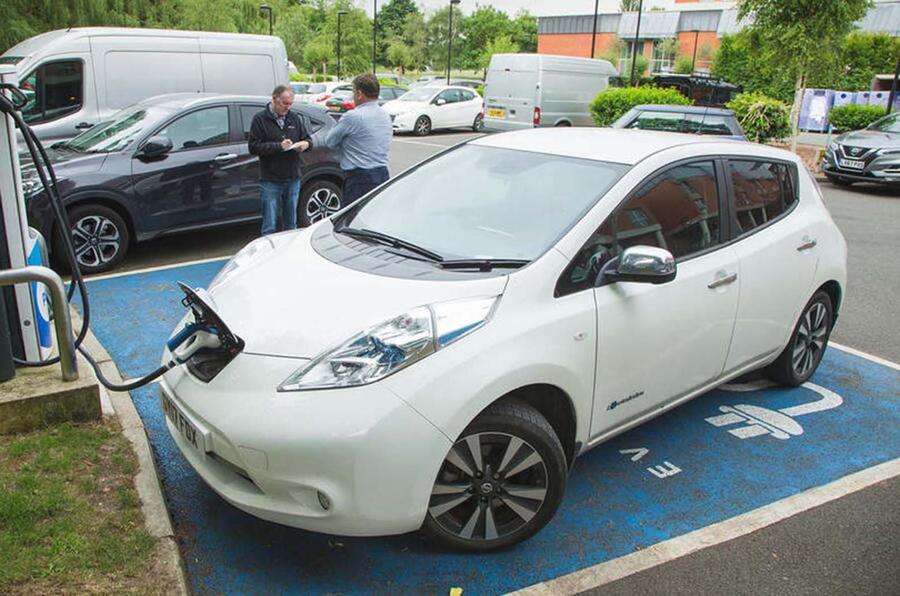
All this is bad news for the Government, as it has a legal obligation to improve air quality and reduce CO2 emissions.
This is a government that has also recently started a consultation for how the UK should regulate CO2 emissions for cars in the event of a no-deal Brexit outcome.
The government’s position on the consultation, which closes on 28 November, proposes that the UK is “at least as ambitious as the regulations established in the EU” and will seek to closely align to the EU-wide target of 95g/km for an industry fleet average to avoid that particular part of a car maker’s business plan being ripped up.
Interestingly, there is a nod to the fact that Britain tends to make heavier cars than the rest of the EU (our main domestic car maker being Jaguar Land Rover, not, say, Fiat), which could be proportionally reflected in the figures. There’s also the maintaining of super-credits, which reward car makers who make zero-emission vehicles.
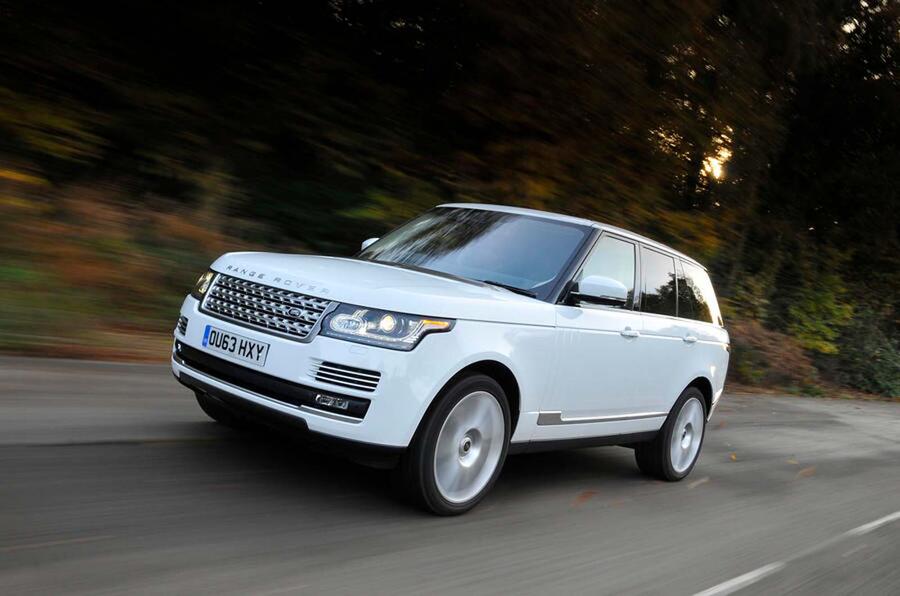
Deal or no deal, should the EU (or potentially UK) mandated CO2 averages not be met, it’s going to mean bad news for us car buyers. If fleet CO2 averages don’t fall to an average of 95g/km by 2021, car makers will receive huge financial penalties. We can all guess who’ll end up paying for that…
Sell more electrified cars, improve air quality, reduce CO2 emissions, hit CO2 targets; none of these goals are contradictory, and all are things the Government can have an impact on.
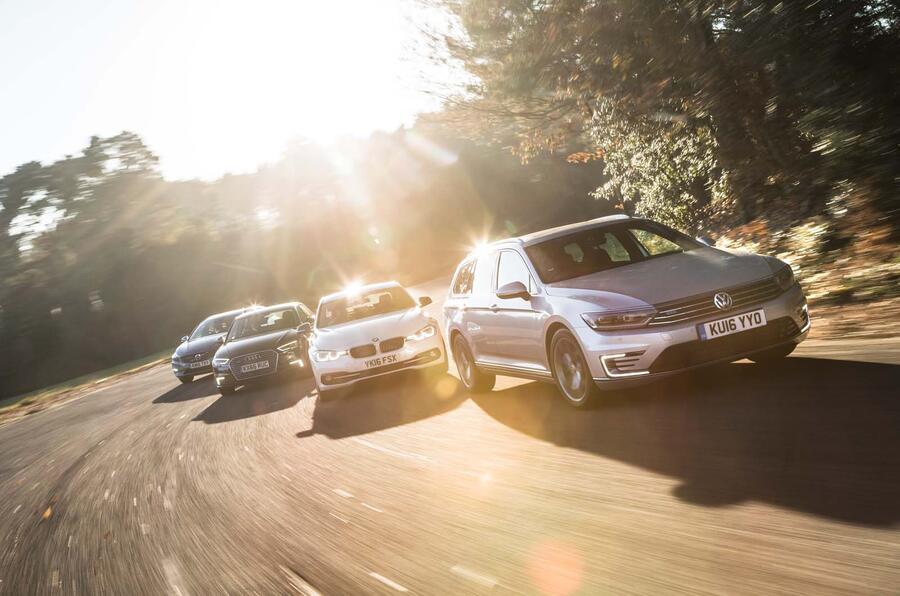
Yet this same government has just removed grants for plug-in hybrids and cut them for electric cars, just as choice is increasing and they become more viable. There’s no mention of their return in the consultation document.
Common sense seems in short supply.
Read more
PHEVs face uncertain future in the UK​
Analysis: Are car makers ready for WLTP?​
Diesel deaths – complete list of 2018's axed models​

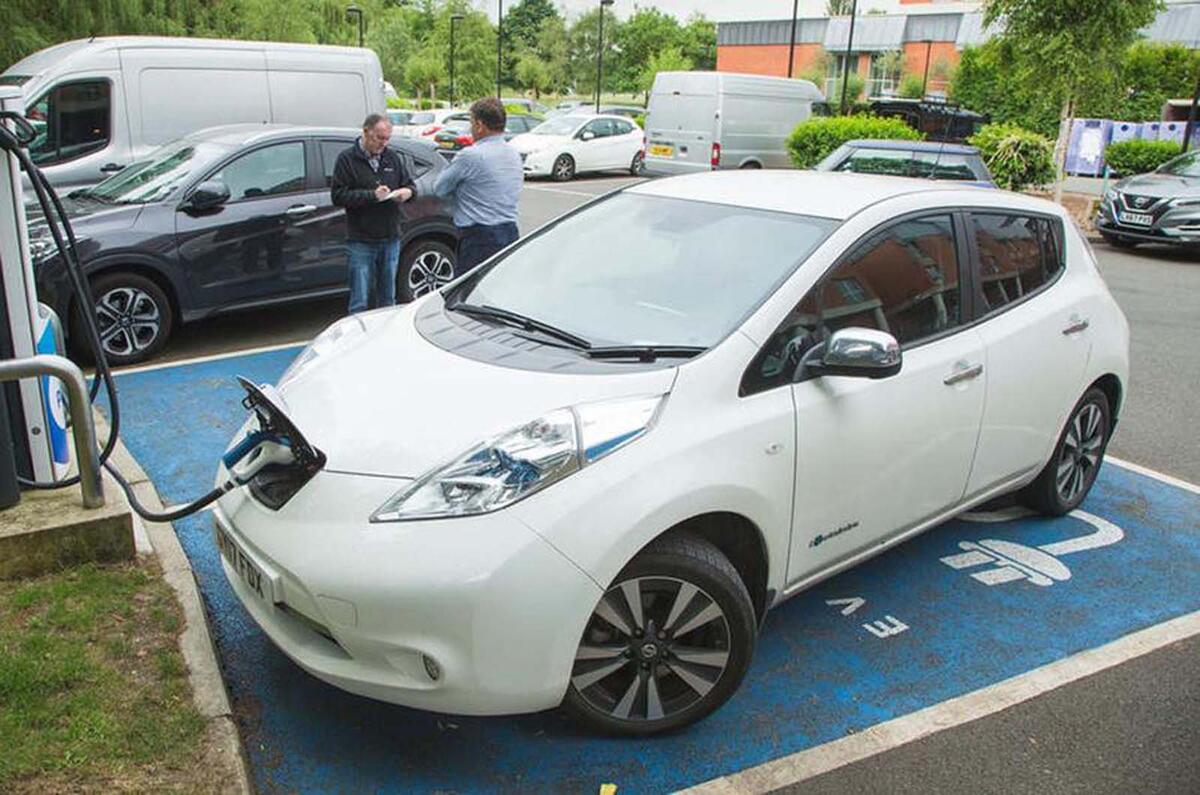
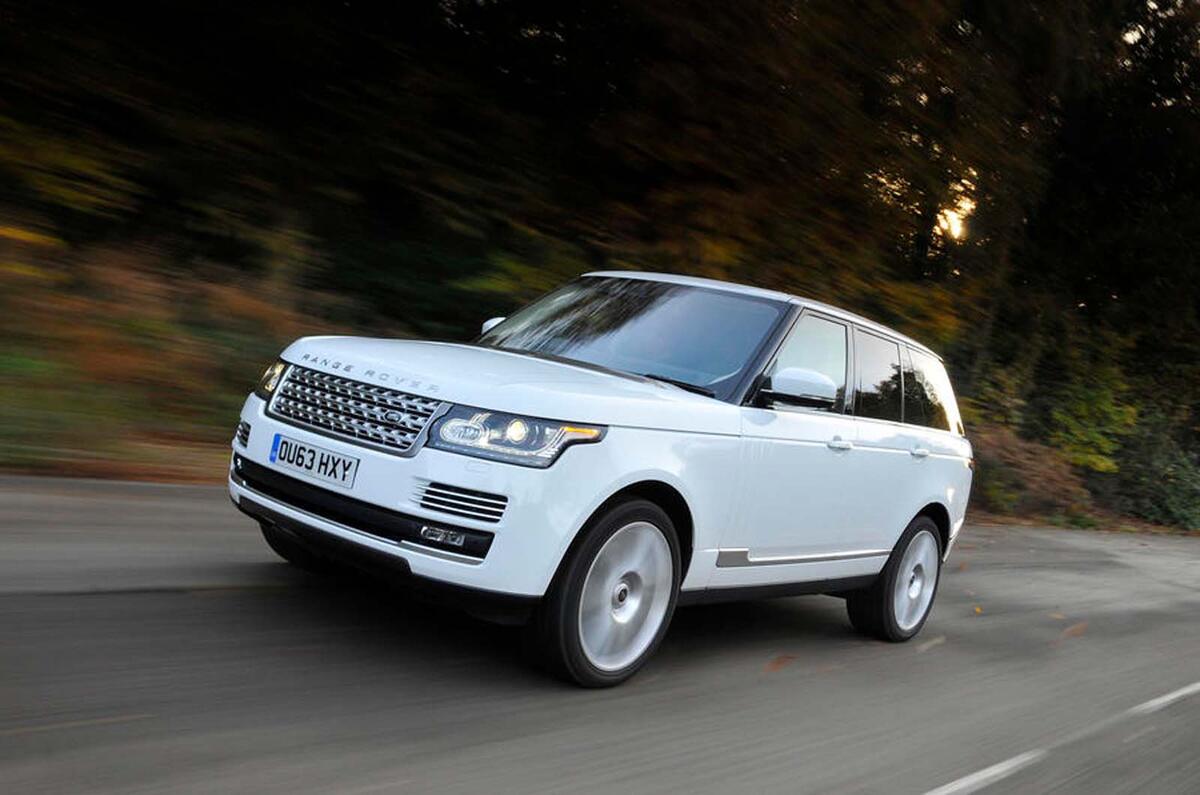

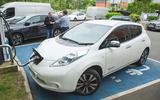




Join the debate
Add your comment
CO2 emissions will increase further in the short term...
... with the more real-world-representative WLTP economy tests.
No, they won't. Real world emissions will stay the same even if on-paper figures rise.
Hot (politician) air is cheap
My petrol car is a 2002 BMW yet it has been charged "through the nose" for years yet it is wholly ULEZ compliant however the government have chosen to penalize my type of vehicle because of Co2 output and allowed non ULEZ compliant vehicles (diesel) to pollute "us all" for a reduced cost compared to my (obviously cleaner) older vehicle so is this technical ignorance, fraud or some other political agenda because it ain't based on science or any altruism or even common sense.
Ignoring company cars and bik
Ignoring company cars and bik, with the change in rfl from co2 based to a flat £140 p/a regardless, people are obviously not going to worry if their new suv is higher polluting than the equivalent family hatch as its costing the same. If there were still co2 based tax grades then maybe people would buy lower polluting and therefore cheaper to run cars? Its the same for hybrids, even BMWs i3 range extender was £140 until it was discontinued, hardly an incentive to buy low polluting cars. We went the other way, my wifes mii was up for replacement on pcp, a new one £140 p/a, the existing one £20, we decided to keep old one.